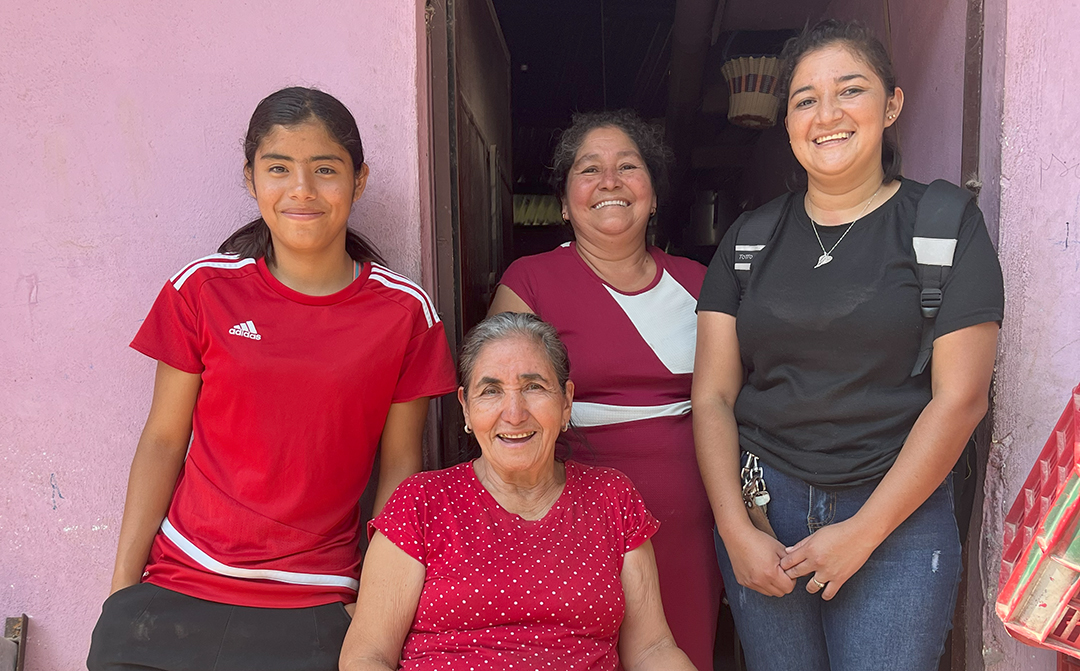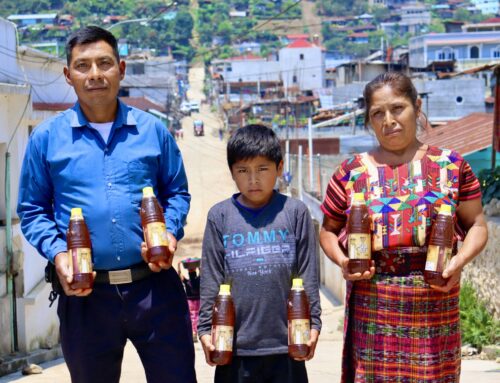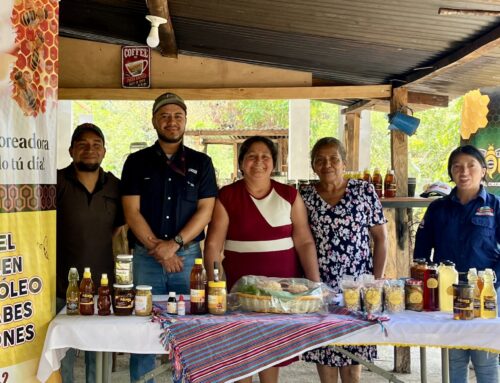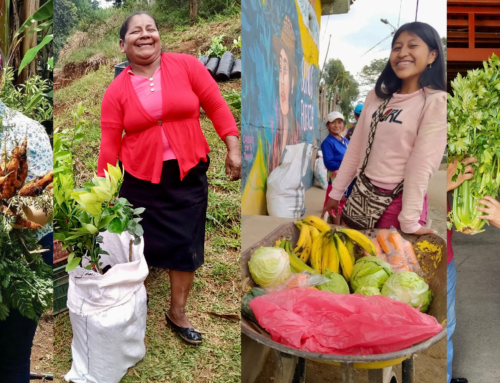by Cody Gallagher
Women have long been the backbone of coffee-producing communities, their contributions spanning every aspect of the coffee chain, from cultivation to household management. Despite their pivotal roles, their efforts have often gone unnoticed and undervalued.
We had the privilege of speaking with several women from the Food 4 Farmers team and board, gaining insight into their experiences and reflections on the historical significance of women in coffee-farming communities. Before delving into their perspectives, it’s essential to recognize the inspiring figures who paved the way for their journey in agriculture.
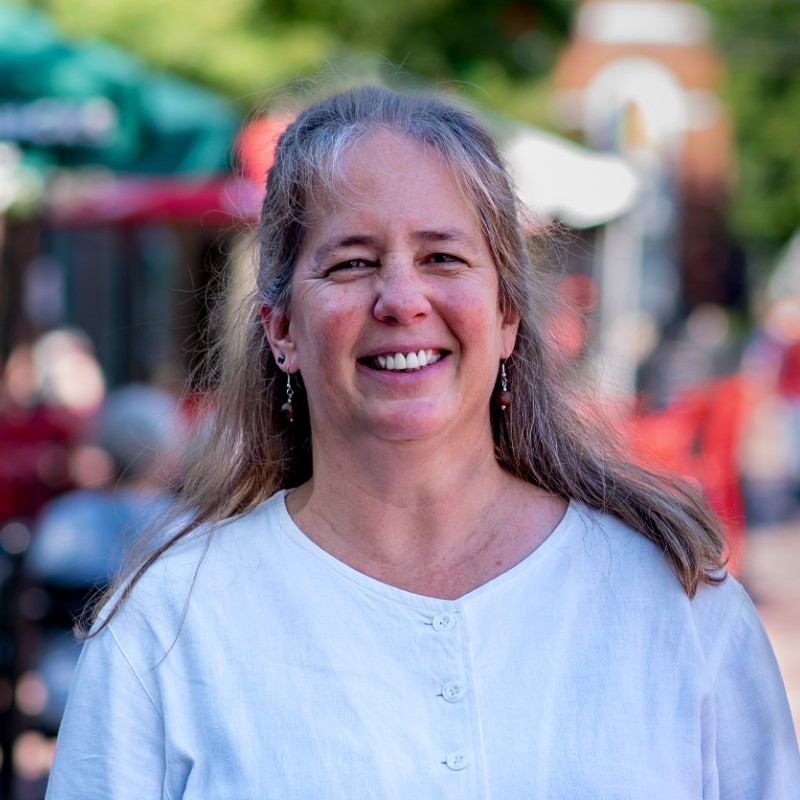
Jen Peterson, a member of the Food 4 Farmers Board, draws inspiration from formidable women like Marceline Budza, founder of Restore Women’s Hope on the island of Idjwi in the Democratic Republic of Congo. “Marceline embodies the epitome of resilience and determination,” Jen reflects. “Her upbringing, supported by her mother’s resourcefulness using income from family coffee trees, instilled in her a profound understanding of coffee cultivation. Yet, her boundless passion and energy seem almost innate, perhaps derived from the very essence of coffee beans themselves.”
Bety Ocampo, Program Manager at Food 4 Farmers, emphasizes the indispensable role women play throughout coffee farming. “Women are the unseen pillars of coffee production,” Bety asserts. “From planting and harvesting to processing and nurturing their families, their involvement is fundamental.” She highlights the pre-dawn efforts of women during harvest season, ensuring that everyone is well-fed before embarking on a day’s work.
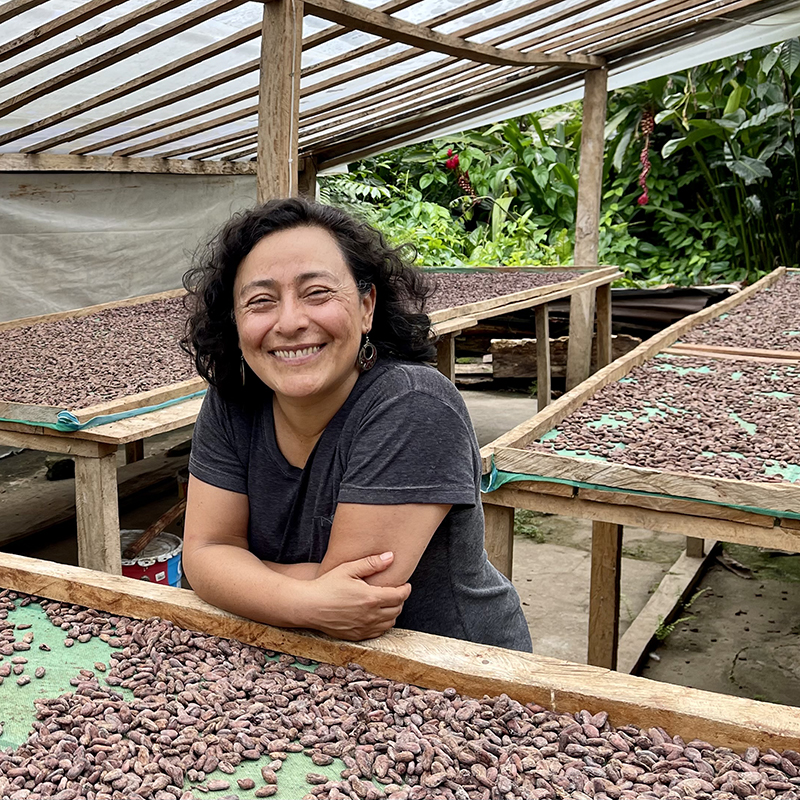
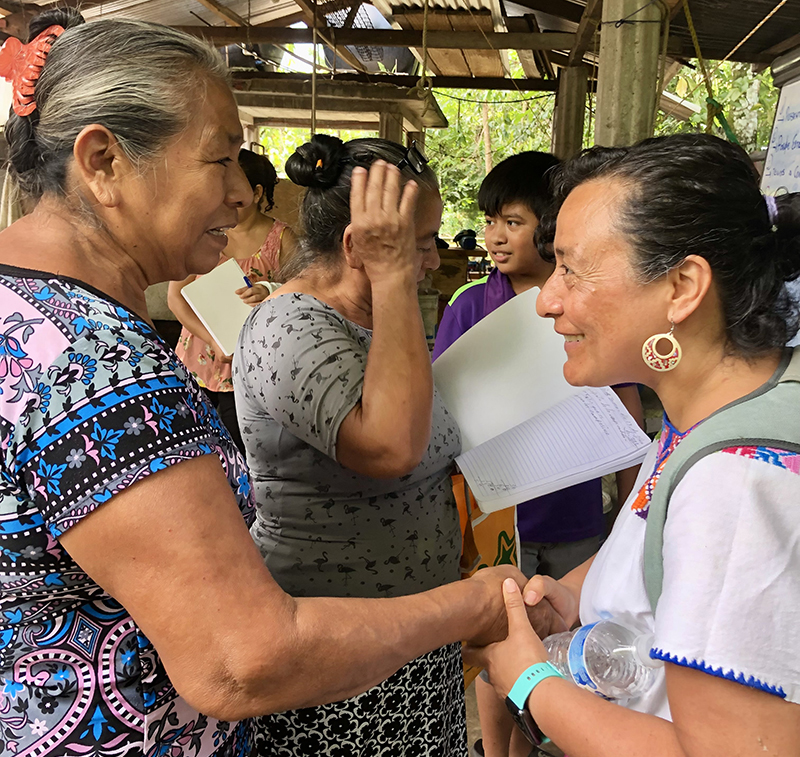
Jen Peterson adds further depth to this narrative, underscoring the ceaseless dedication of women in coffee-farming communities. “Women are the unsung heroes,” Jenn remarks. “Their responsibilities extend far beyond the fields, encompassing childcare, education, and community support. They possess an innate ability to maximize limited resources, crafting livelihoods from local materials and fostering solidarity among their peers.”
Despite their indispensable contributions, women’s roles in coffee-farming communities have often been marginalized and overlooked. Bety Ocampo acknowledges this disparity, noting, “Women’s labor is frequently invisible, undervalued, and taken for granted throughout the coffee supply chain.”
However, she remains hopeful, emphasizing the gradual progress towards gender inclusivity and recognition within the industry. “The ongoing struggle for gender equality in coffee,” she asserts, “necessitates acknowledgment and appreciation of women’s indispensable contributions.”
By supporting Food 4 Farmers during our Coffee Needs Women campaign, you can help us drive this progress forward. Your contribution will fuel our efforts to empower women as leaders in community transformation, shaping a brighter future for generations to come.
Donations to Coffee Needs Women will help enable us to pay the stipends of young women who implement our programs in their communities and provide educational opportunities for women, including community leadership training, organic food production, and workshops on food sovereignty. Take action today and join us in making a meaningful difference.

